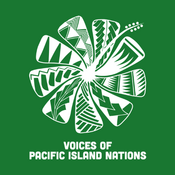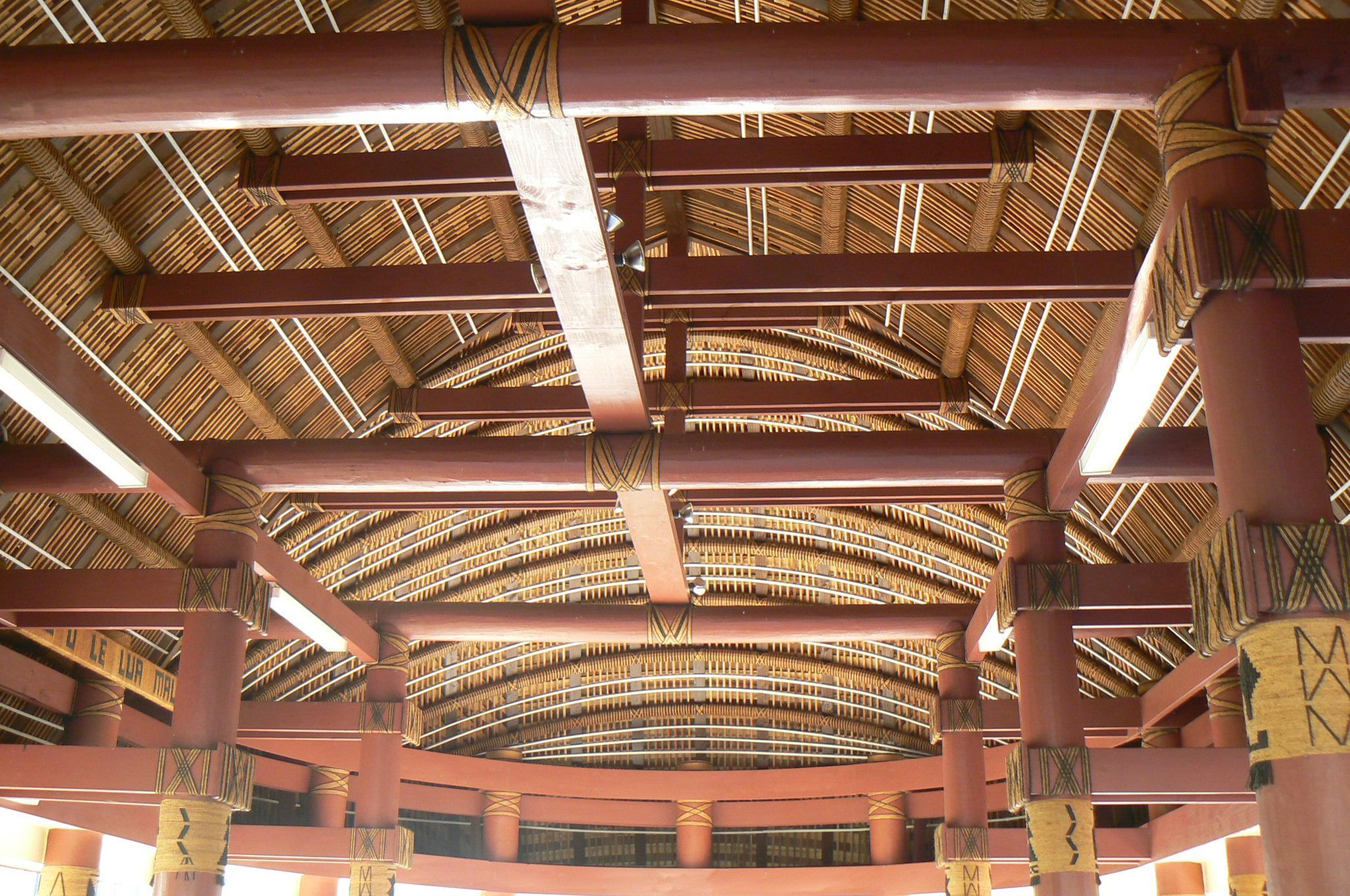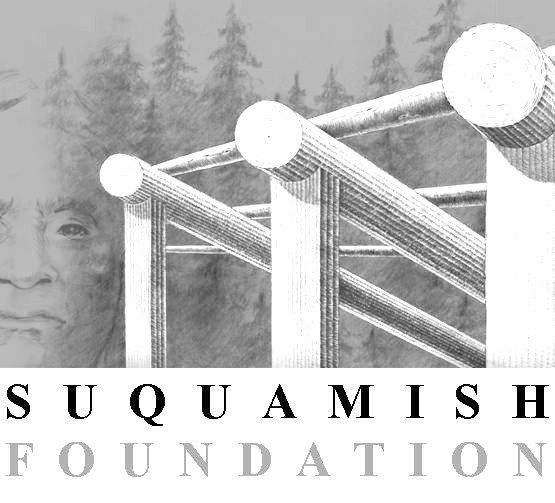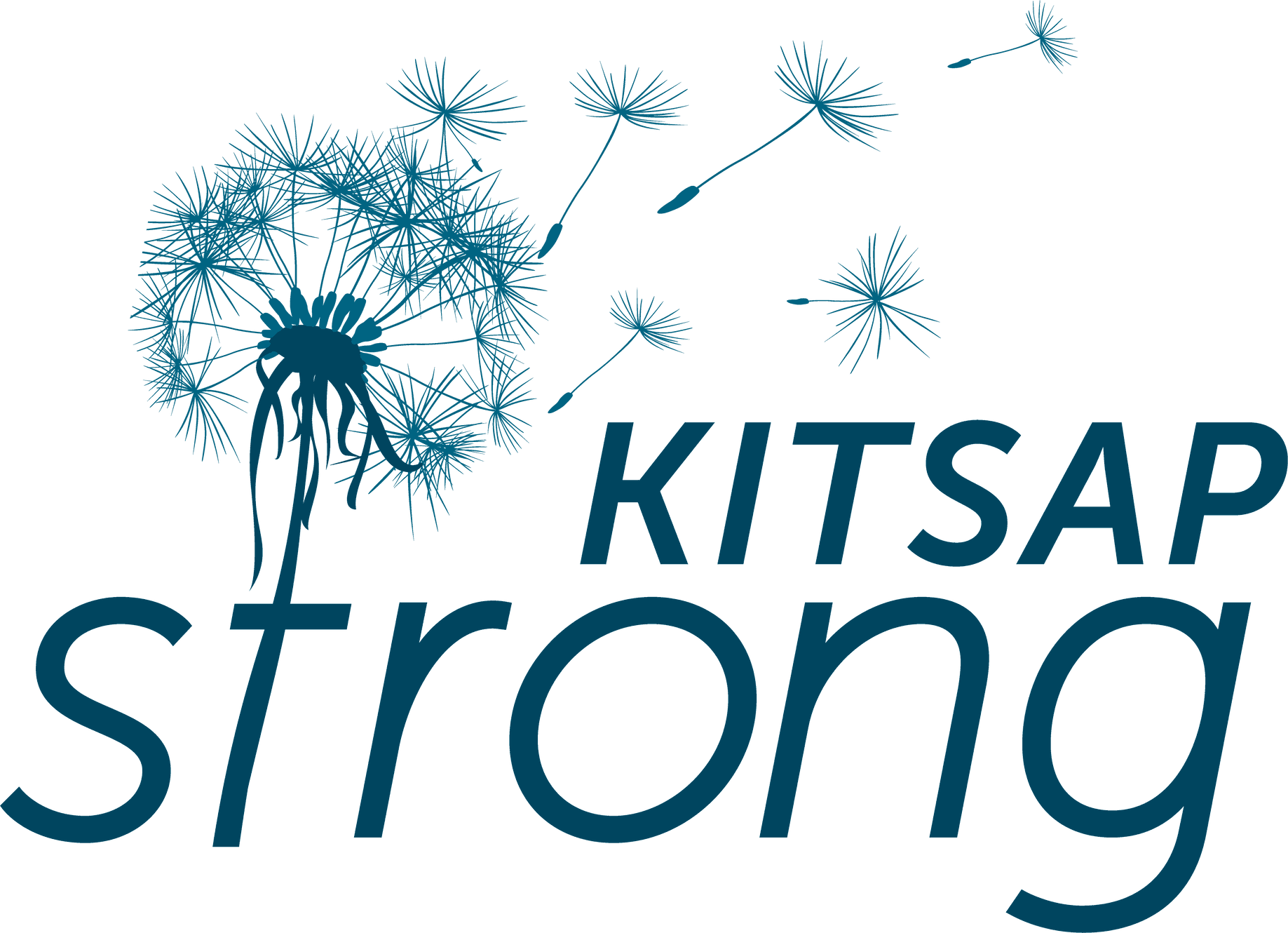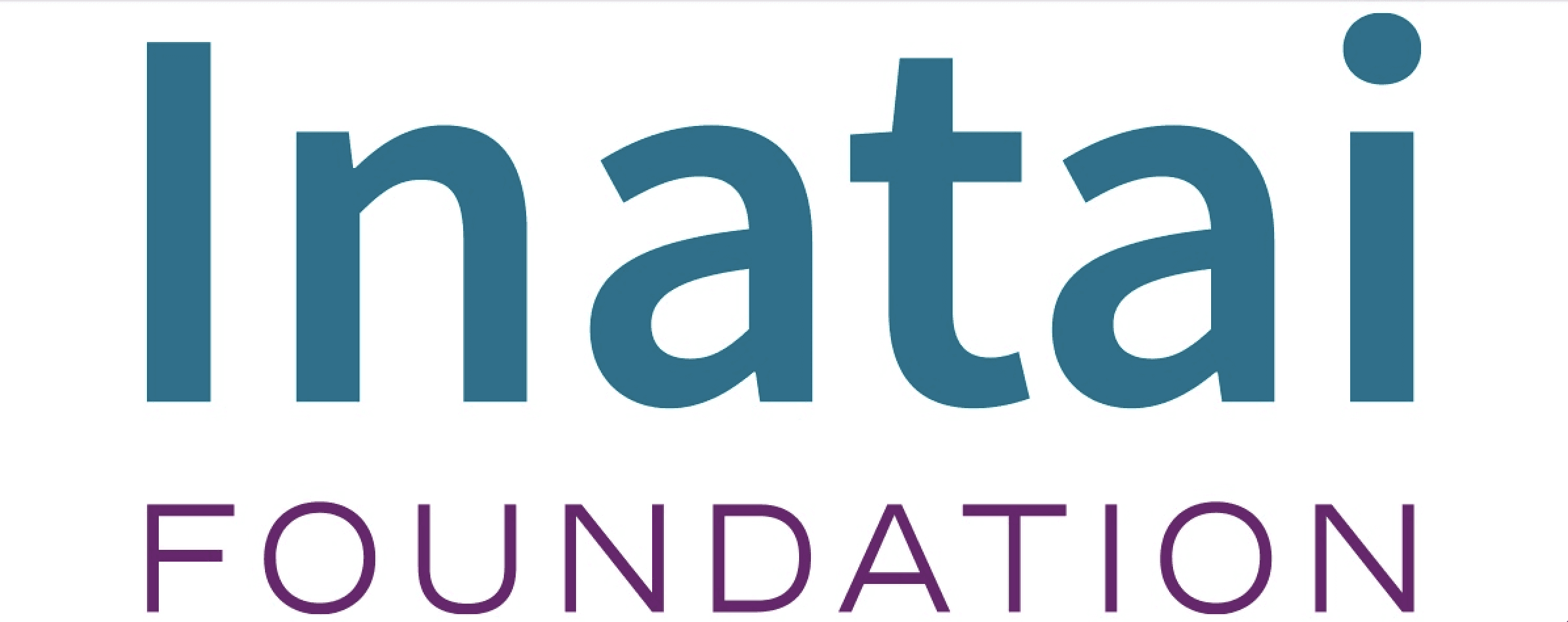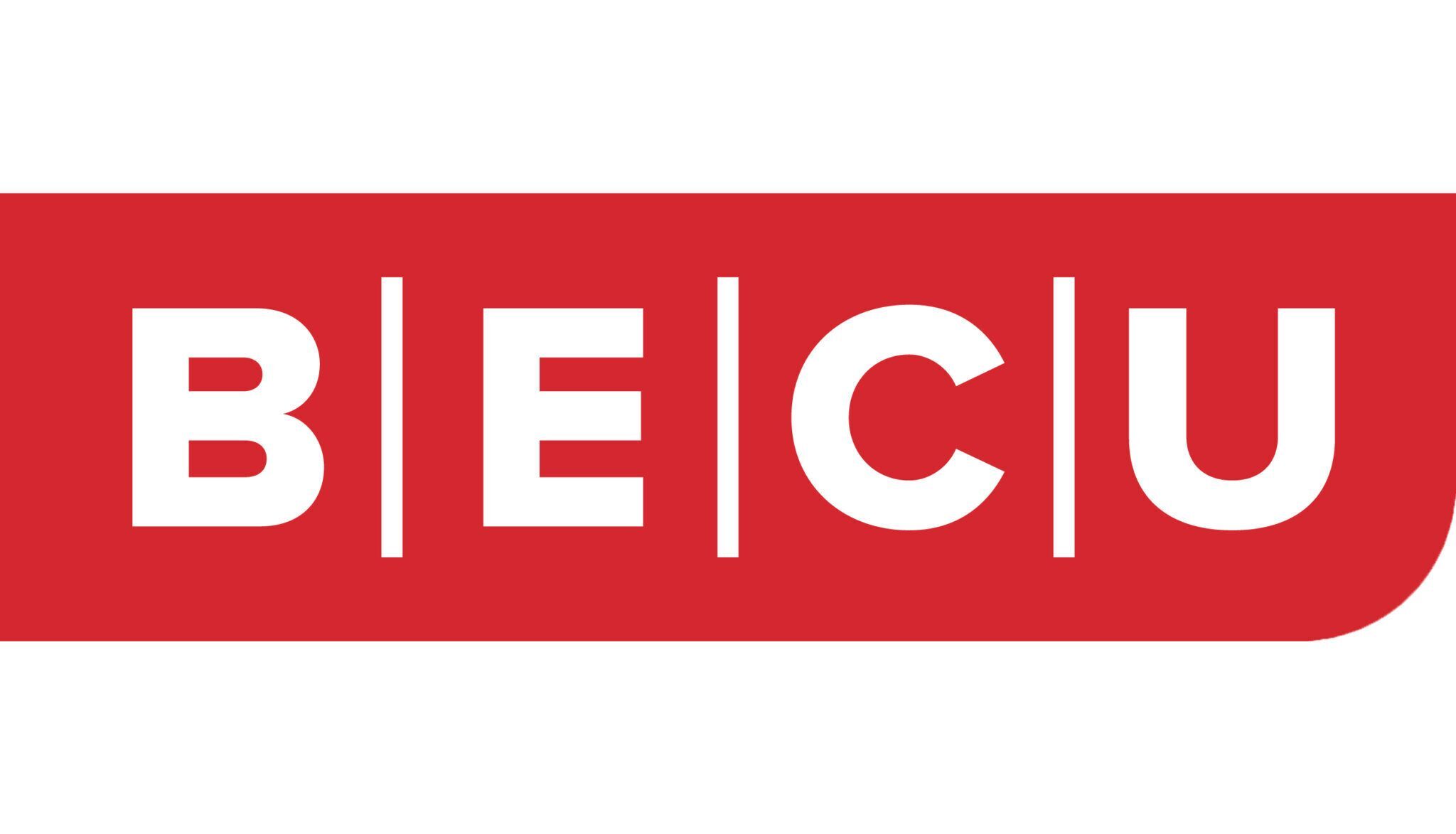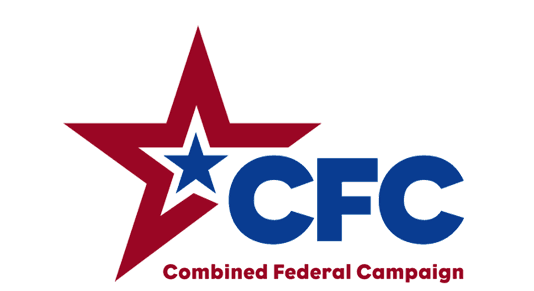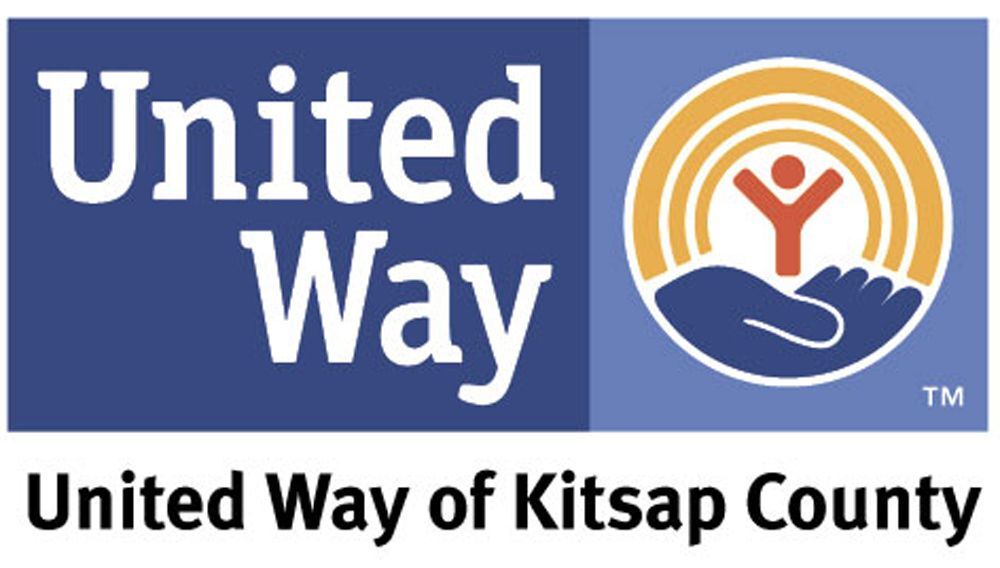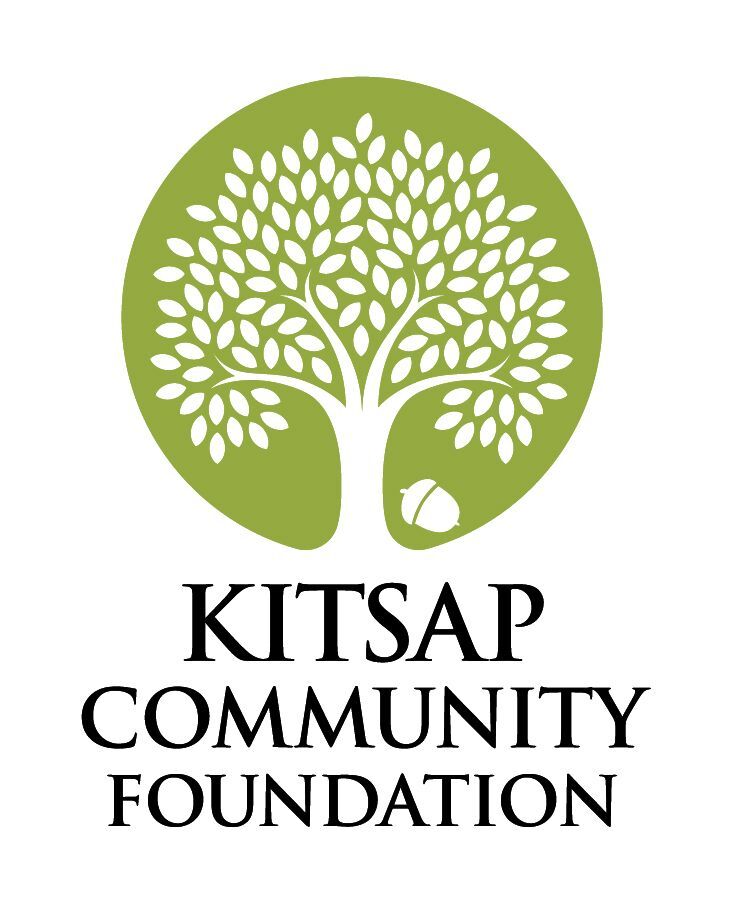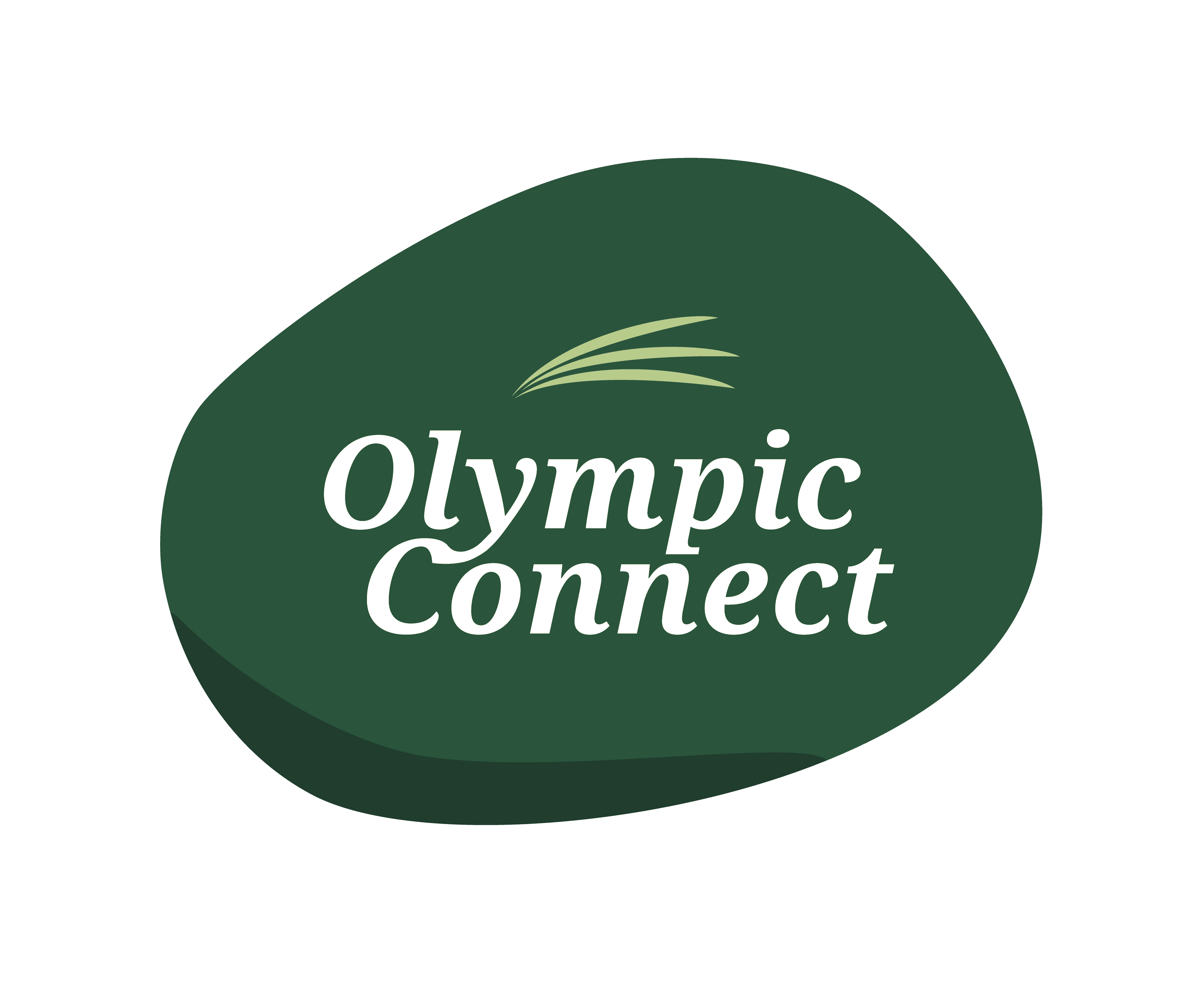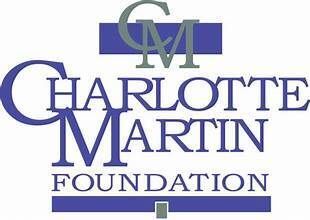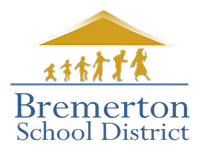I sustain myself with the love of family ~ M. Angelou
History and Background
Voices of Pacific Island Nations (VOPIN) is a 501(c)(3) nonprofit organization founded in 2015 to address the longstanding academic crisis facing Pasefika (Pacific Islander) students in Washington State. This persistent educational disparity has burdened the PI community for decades and, if left unaddressed, threatens to grow—resulting in serious social and economic consequences for the state and its impacted communities.
Pacific Islander students have consistently been overlooked in educational research, equity, and inclusion initiatives. Educational inequities affecting Pasefika students in Washington State have been documented as far back as the 1970s. According to data from the Washington Office of Superintendent of Public Instruction (OSPI) and other sources, PI students are disproportionately affected by many systemic challenges:
They are more likely to come from families living below the poverty line.
Many do not meet academic standards as measured by the Smarter Balanced Assessment (SBA).
They face disproportionately high rates of school discipline compared to their overall enrollment.
Chronic absenteeism and dropout rates among PI students remain among the highest of any student group of color.
VOPIN was created to bring attention to these inequities and to lead the charge in providing culturally responsive solutions that support academic success and positive youth development in our Pasefika communities.
The academic crisis among Pasefika students is often partially hidden due to the common practice of grouping Pacific Islander and Asian students into a single category—such as Asian Pacific Islander (API) or Asian American and Pacific Islander (AAPI). As Hune and Yeo (2010) explain, “Findings suggest that Pacific Islander students in Washington are at a great disadvantage with lower levels of academic performance and school engagement. Hence, whenever their data are combined into one category, Asian Americans predominate, and the representation of Pacific Islanders is lost. Treating the two groups as a single community of Asian Pacific Islander Americans hinders an examination of the distinctiveness of Pacific Islander students and their educational experience.”
This broad categorization unintentionally underrepresents and underserves Pasefika students and their families, making it more difficult to identify and respond to their specific educational challenges. In response to this crisis, concerned Pasefika parents, grandparents, educators, and community members have come together to develop both short- and long-term strategies aimed at closing the gap and improving outcomes for our students.
Pacific Islanders take deep pride in their cultural identity, which is expressed through rich traditions in culture and the arts. For generations, learning in our communities has been rooted in a hands-on approach—learning by doing. Our shared values guide the way we live and interact, both individually and collectively. These Pasefika (Pacific) values shape our culture and reflect what matters most to us. Our faith, values, cultural practices, and artistic expressions have always been, and will continue to be, the fabric of our society.
At VOPIN, we view our youth as the future leaders of our communities. We are committed to passing on our history and heritage, while equipping young people with the tools to lead with confidence, purpose, and integrity. Through culturally grounded leadership and youth development programs, VOPIN empowers the next generation to help shape a more just and equitable society.
Addressing the inequities facing the Pacific Islander community will require collective action and partnership across both public and private sectors. Thank you for your continued support of the Mission and Vision of Voices of Pacific Island Nations!
